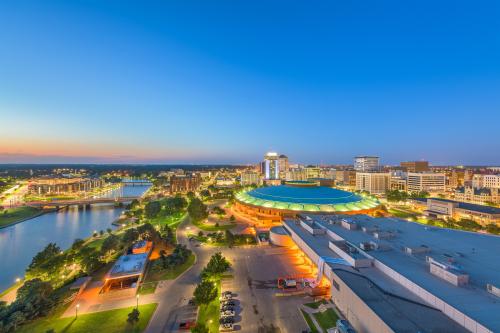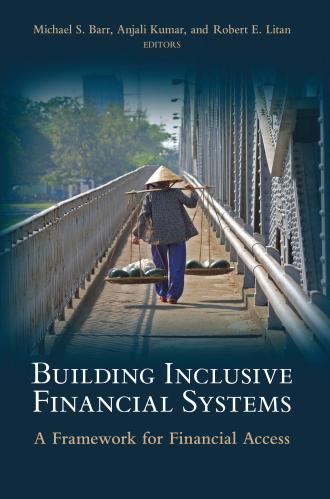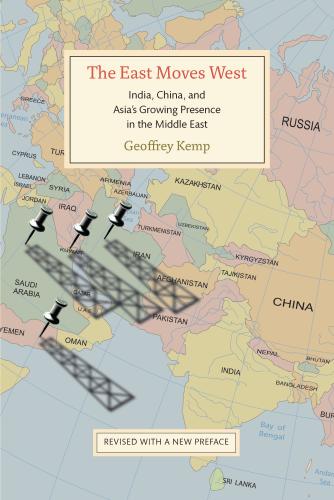I recently moderated a panel on metropolitan competitiveness and inclusion in the global economy, featuring Mexico City Secretary of Economic Development Salomon Chertorivski and Western Cape Economic Development Partnership CEO Andrew Boraine. Though Mexico City and Cape Town face distinct challenges, I was struck by these leaders’ resolve to promote the twin aims of competitiveness and inclusion through public-private collaborations.
San Antonio Mayor Ivy Taylor was also slated to join the panel, but due to severe weather, she was unable to leave her home state. Afterwards, I had the chance to ask Mayor Taylor about her vision for an inclusive, internationally-competitive San Antonio. Below is an edited version of our conversation.
Mayor Taylor, how do you define a competitive and inclusive city?
My vision for San Antonio is a globally competitive city where each of us has the opportunity to prosper. A globally competitive city must make strategic investments to build up the ecosystems in its targeted industries. Globally competitive cities also offer a quality of life that attract and retain workers who have the choice to live anywhere. We must think and act globally—and understand economic, technological, and demographic trends around the world –if we are going to capitalize on our current assets to fuel growth from within our community.
San Antonio has produced a global trade and investment plan as part of its participation in the
Global Cities Initiative
. Why is this important?
For many years, our primary economic development strategy was to recruit new domestic companies, with a secondary emphasis on local retention and expansion. However, we realized that this strategy was not leading to sustainable growth – for our city, our businesses, or our residents. Companies that were expanding – and even our existing employers – needed a skilled workforce, better logistics, and improved infrastructure. So we knew that we needed to take stock of our assets and then be intentional about growing our economy from within. We identified industries where we had strengths and then sought to fill in around them, to support them and create even more specialization. With help from Brookings, we also identified our strengths in exports and which countries had already or were likely to be sources of foreign direct investment. In 2013, 9.2 percent of our economy came from exports and supported close to 30,000 jobs. We are projecting that exports from the San Antonio metro area will triple to $27.6 billion by 2025, supporting more than 40,000 jobs in the region.
Global trade has been getting a lot of criticism lately as not benefitting working class Americans. Does trade fit into inclusive growth?
Our experience in San Antonio shows that global trade can bring great benefits to our community. Cities have to be proactive and engage the global economy through efforts that stimulate the creation of sustainable, well-paying jobs: this is the inclusion agenda. Foreign investment can drive industry specialization in a metro area, raising a region’s profile and making it more attractive to other firms.
Our global strategy is closely tied to building an inclusive economy for two reasons: First, engaging globally allows us to capitalize on our bilingual workforce – about 45 percent of our population speaks a language other than English at home, and about two-thirds of our population is Latino. These are assets in the global marketplace. Second, increasing exports and foreign investment can change the nature of our economy for the better. San Antonio has historically had a reputation as a low-wage, low-skill workforce, and currently, somewhere between 11 and 19 percent of our population reads at or below a fifth grade level. We cannot thrive as a region unless we utilize all our resources, which is why my administration has renewed its focus on youth mentoring, digital inclusion, and adult literacy programs. By helping our globally-competitive industries grow, with a skilled workforce, we can increase good jobs and change that narrative.
What other signature efforts do you have underway to promote economic competitiveness and inclusion in your city?
I launched SA Tomorrow, a long-range plan that will guide San Antonio as we welcome more than a million new neighbors to our area during the next several decades. SA Tomorrow consists of three linked plans: transportation, sustainability, and growth and economic development. Equity is an explicit component of SA Tomorrow, which aims to benefit all our current and future residents. SA Tomorrow was developed through a very inclusive process. Hundreds of local professionals, subject matter experts, and community advocates served on nine working groups to craft the plan.
SA Tomorrow recommends that we focus denser growth in 13 live, work, play centers that offer public transit access, a range of housing types and prices, and civic resources which are directed throughout our community. With regard to inclusion, my goal is to create stable, mixed-income communities that offer our residents more choices. As a former affordable housing and community development professional, I understand concerns about gentrification. However, research tells us that San Antonio is one of the most income segregated cities in the United States and very low-income residents have only a 6.5 percent chance of reaching the top income quintile during their lifetimes. We have to change that.
I’ve also launched SA Works to identify skills gaps, align our education pipeline to meet those needs, and target interventions for unemployed and underemployed adults. We have local companies developing curriculum at our community college and offering paid internships to our dual-credit students so they experience the demands of the workplace while they are still in school. Businesses send outstanding employees to teach in these programs, and are mentoring students at all levels. An industry-led effort can galvanize support from other businesses and from across the political spectrum. I’m very proud of what we’ve been able to accomplish so far – and we are just getting started!
Image courtesy of Pedro Szekely via Flickr.
The Brookings Institution is committed to quality, independence, and impact.
We are supported by a diverse array of funders. In line with our values and policies, each Brookings publication represents the sole views of its author(s).










Commentary
Competitiveness and inclusion in the global economy: A Q&A with San Antonio Mayor Ivy Taylor
July 15, 2016